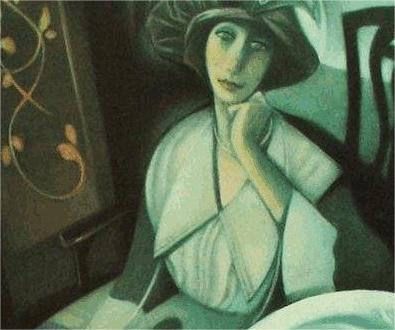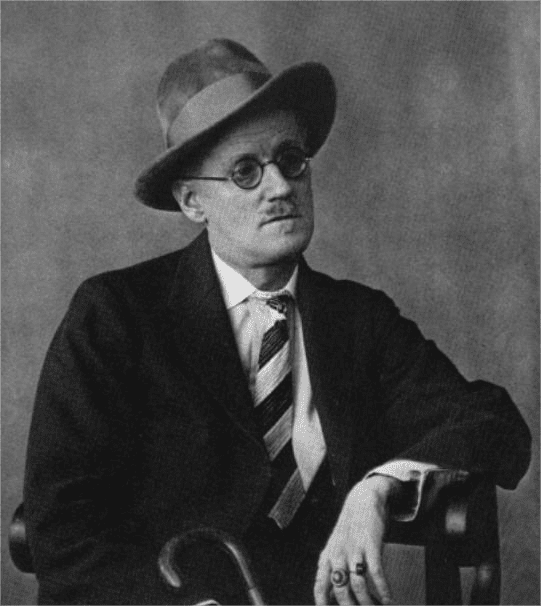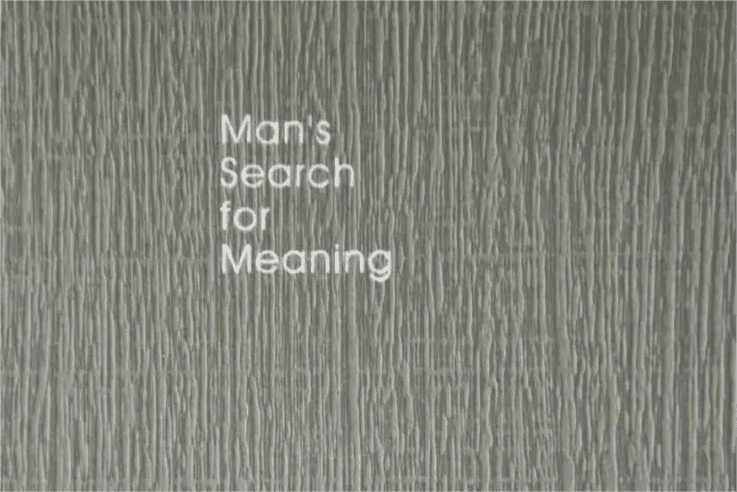“La Parure” is the magnum opus of Maupassant. It is also a famous foreign literature in our middle school Chinese textbooks. One night of carnival, but in return for a decade of bitterness, its theme has been the subject of academic attention. A close reading of the text reveals that La Parure is about more than Mathilde’s vanity.
“One of the great advantages enjoyed by literature and art is detailed description and subtle and delicate brushwork, which can play a flexible role according to the varied personality, emotions and scope of knowledge of readers, and cause vivid effects.” It is called that there are a thousand Hamlets in a thousand readers. Look at the problem from different angles, naturally come to different conclusions. Different perspectives determine the ambiguity of the theme in Maupassant’s La Parure.
In the past, we were eager to criticize the exposed shortcomings of western capitalism and interpret the text with hatred towards capitalism. The conclusions we got were bound to be the same, with personal or racial feelings, which is not objective enough.
Now I realize again the importance of independent, self-centered and critical thinking.
Rousseau said: “The reason why people suffer, because of the desire and ability of the mismatch.” Mathilde had no noble birth, no money, and no means of marrying a rich man by virtue of her beauty. In a word, she had no ability and had to become a vassal of men. This is the result of The Times, but also her own choice. But she did not have the above things, like a poison worm moth eating her heart, want but can not get, make her very painful. Yes, the families of the education ministry’s junior employees are barely middle-class, and if they live a secure life, they can afford food and clothing and even maids. Mathilde’s pain comes from her lack of ability and dissatisfaction with her current situation.
Vanity. If Mathilde’s restlessness lies in her money worship and vanity, which existed objectively at that time. What woman doesn’t want to look fabulous? Especially at such a formal dinner with so many dignitaries together. She could persuade her husband to spend the four hundred gold francs she had saved to make a beautiful dress, and she could go to a friend’s house to borrow a diamond necklace in order to impress him. But vanity is the most common weakness of human nature. For everyone’s “common disease”, we have what unforgivable?
Responsibility. After discovering that the necklace was missing and could never be recovered, Mathilde and her husband did not shirk their responsibility because they could not afford to pay. Vanity was shameful, but Mathilde’s determination to take responsibility was glorious — compared with deceit and lies. So Mathilde was able to show “solid” satisfaction when the price had been paid, and to smile “with an air of conceit and innocent pleasure” when she told Flasjie what had happened.
Be steadfast and diligent. The whole process of paying for the missing necklace was through hard work, not through any shady means — Lois did have some kind of power as an employee of the Ministry of Education; Mathilde had too much charm to be a slave. Yet they did so for ten years.
Patience and persistence. Ten years is enough to make time throw away the fleeting years, destroy a beautiful couple. Mathilde grew old, her hands red, and she became a real lower-class woman, which was a testament to Mathilde’s patience. Ten years have dragged down their lives, but the faith is still there. Faith is how terrible things ah, life can be destroyed, but there is faith, people are spiritual warriors, will be able to insist in the face of suffering.
The first twist in the story comes when fate changes after the borrowed necklace is lost.
Maupassant depicted the panic and despair of the couple through a series of language description, action description and psychological description. But in the end they did the right thing, the most precious thing in today’s China: It was my fault. After a decade of living in debt and displacement, the physical and mental punishment is over, but poverty will continue. However, the mood of the Loisays is very different now, and the reader is relieved that the mental drudging is over.
Then comes the second twist.
The story climaxes with the words of the rich lady, Fraser, “But mine was a fake, worth five hundred francs at the most,” and the whole thing comes to an abrupt end, leaving the reader with a tremor of the soul. The reader’s previous series of psychological activities, from dislike of the heroine’s vanity and pleasure of seeing her punished into another level, may involve sympathy for human nature here.
Life is a play, and I’m afraid Mathilde never expected to end up in such a marriage, let alone ten years of debt from this momentary carelessness. “Where would she be now if the jewel had not been lost? Who knows? Who knows? Life is so strange, so changeable. It is only a trifle, whether to harm you or save you.” The price of vanity is so great. There is the trick of fate, and the author’s insinuation that Maupassant holds the power of life and death for all his characters.
Throughout the social background of France in the 1880s, the decadent life of bourgeois pride and extravagance and mercenary moral concept affected the whole society, and the pursuit of pleasure and vanity became a bad social atmosphere. Maupassant intentionally criticized and mocked the petty bourgeoisie represented by Mathilde, which was in line with his consistent style, that is, “look at life coldly and write the world objectively”. But he also inadvertently creates a responsible, responsible, patient, loyal and kind Mathilde.
If Mathilde’s vanity is the evil side, we can also see the sincerity in Mathilde’s bones, that is, the good side of human nature. People are inherently multifaceted, so we don’t have to stand on the moral high ground and blindly criticize others. While criticizing Mathilde, we should also see the true, good and beautiful things in her.









